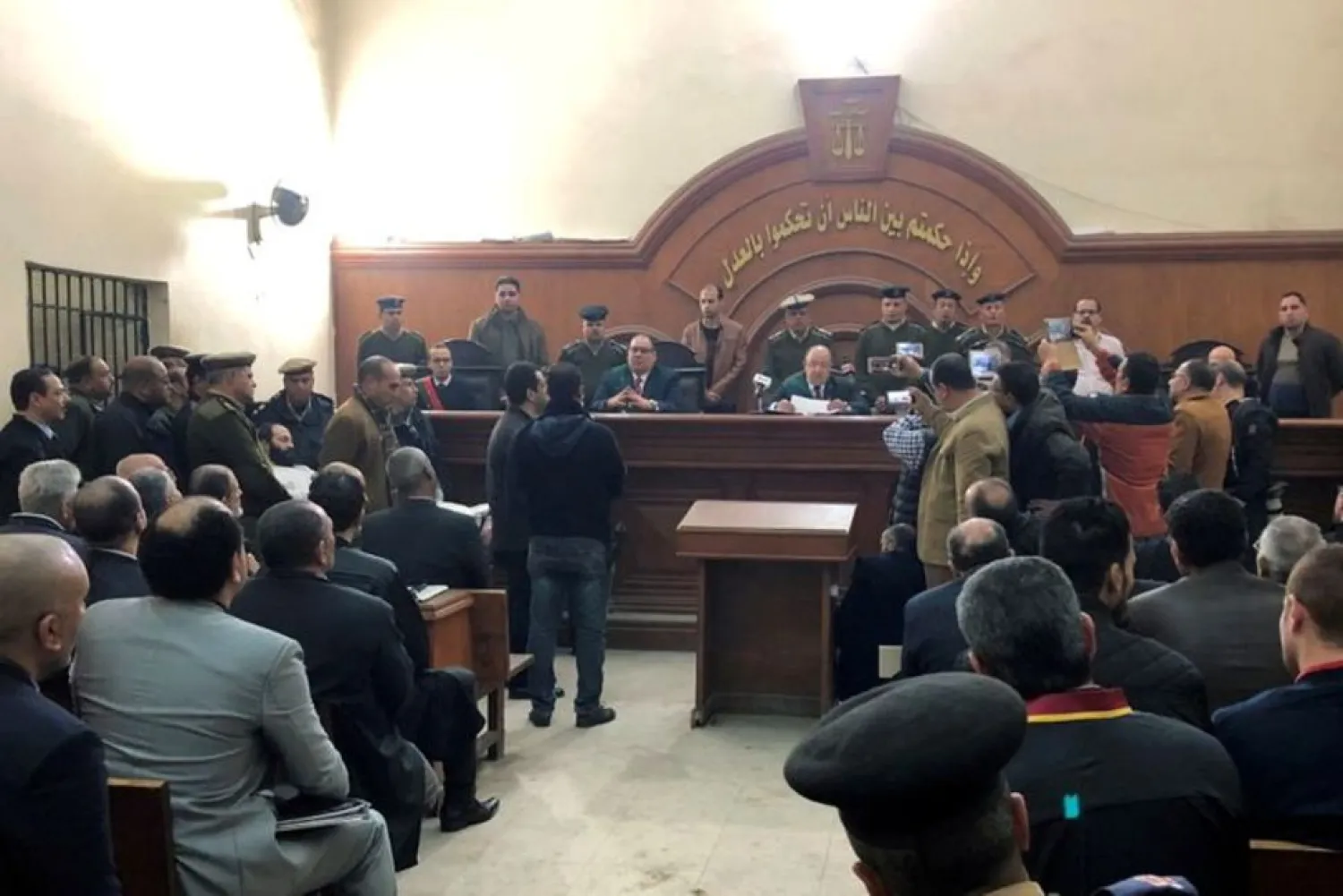Egyptian authorities executed on Sunday an Egyptian monk convicted of killing an abbot at the St. Macarius Monastery in 2018, in a case that shocked the Egyptian community.
The case refers to July 2018, when head of the Saint Macarius Monastery in Wadi El-Natroun, Bishop Epiphanius was found dead at one of the monastery’s corridors suffering from head injuries.
Following extended investigations, Wael Saad and Ramon Rasmi Mansour, known by their monastic names Isaiah al-Makari and Faltaous al-Makari, were convicted of the killing of Bishop Epiphanius, 64.
Prosecutors had said during their trial that Saad struck the bishop three times in the back of the head with a steel pipe while Mansour stood guard outside.
The two monks were sentenced to death by a criminal court in April 2019.
Last year, the Court of Cassation upheld the death sentence against Isaiah, while Faltaous received a life sentence in a retrial.
Saad and Mansour were stripped of their monkhood shortly after the bishop was killed.
Local security and media sources said that Saad was executed on Sunday morning at the Nile Delta town of Damanhour.
St. Macarius Monastery, which is situated near the town of Wadi El-Natroun, 100km northwest of Cairo, is the oldest and biggest Coptic Orthodox monastery in Egypt.
The case provoked widespread shock in Egypt's Coptic Church and it pushed Pope Tawadros II of Alexandria to institute new monasticism laws, including the deactivation of the social media accounts of all monks and bishops and a freeze in the recruitment of new monks for a year was announced.









